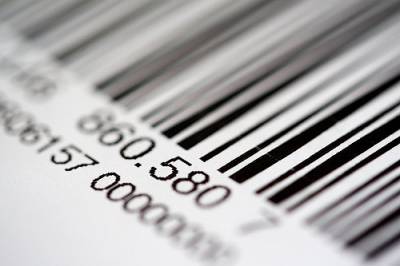 Greater use of barcodes in the NHS could both save lives and up to £1bn for the country in the next seven years, says the Department of Health.
Greater use of barcodes in the NHS could both save lives and up to £1bn for the country in the next seven years, says the Department of Health.
That’s £200m more than it originally believed – with Health Secretary Jeremy Hunt saying just before the New Year that, “Using simple barcodes that major industries rely on every day will help to transform standards of care – before, during and after patients have treatment, at the same time as freeing up resources for care by reducing waste.”
Its positivity is based on the first results of an on-going project to explore the potential of the technology in the health system it began last year, Scan4Safety, a £12m scheme which centres on six demonstrator sites selected by the Department to demonstrate the benefits of key barcode standards GS1 and PEPPOL.
The demonstrators are projects underway at Derby, Leeds, Salisbury, Cornwall, North Tees and Plymouth, which have told Hunt and his ream that they’re seeing reduction in unnecessary waste and effectively managing medical stocks, saving valuable staff time and giving the patient more information about their treatment.
Barcodes are being placed on breast implants, replacement hips, medication and surgical tools, says the Department, which says that from the unique barcodes on wristbands patients receive when they enter hospital to the barcodes used to record their medication and the equipment used in their treatment, each code can be scanned to show which member of staff administered each treatment, at what time and where.
By using barcodes, it is claiming, anything that might develop a fault years later – for example, a screw used in a knee operation or breast implant – can be traced, and details, such as when it was used and the surgeon who carried out the procedure, can be found quickly and easily.
If you liked this content…
This is important as, on average, nurses spend an hour a day on every shift searching for stock, but by using the barcode technology, NHS staff can keep track of hospital goods and order them automatically when they need them.
This technology will also help to eliminate avoidable harm in hospitals, including errors such as patients being administered the wrong drugs and surgery being performed on the wrong part of the body, DoH believes.
“Scan4Safety is a world first in healthcare and a vital part of this government’s drive to make the NHS the safest and most transparent healthcare system in the world,” Hunt added.







